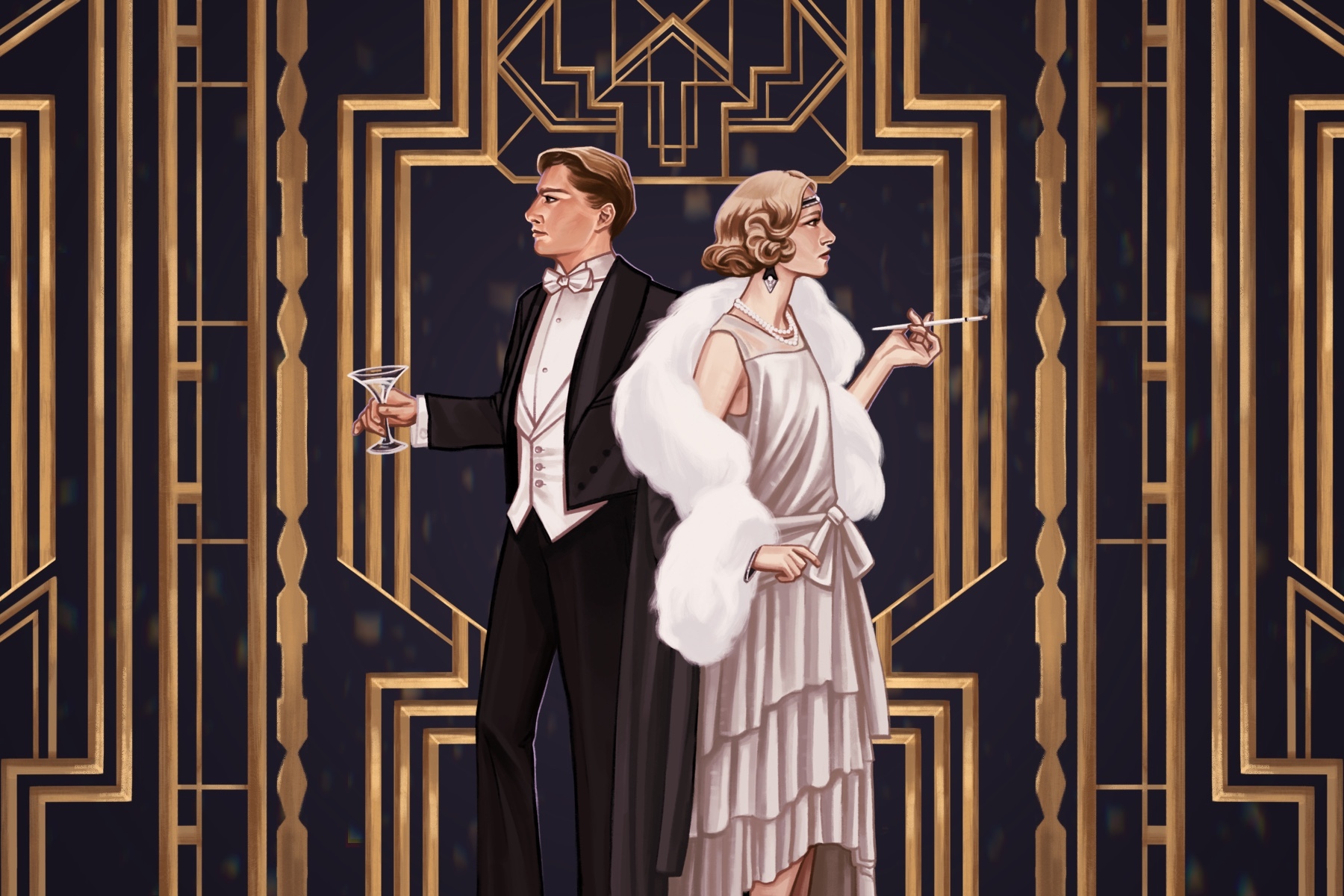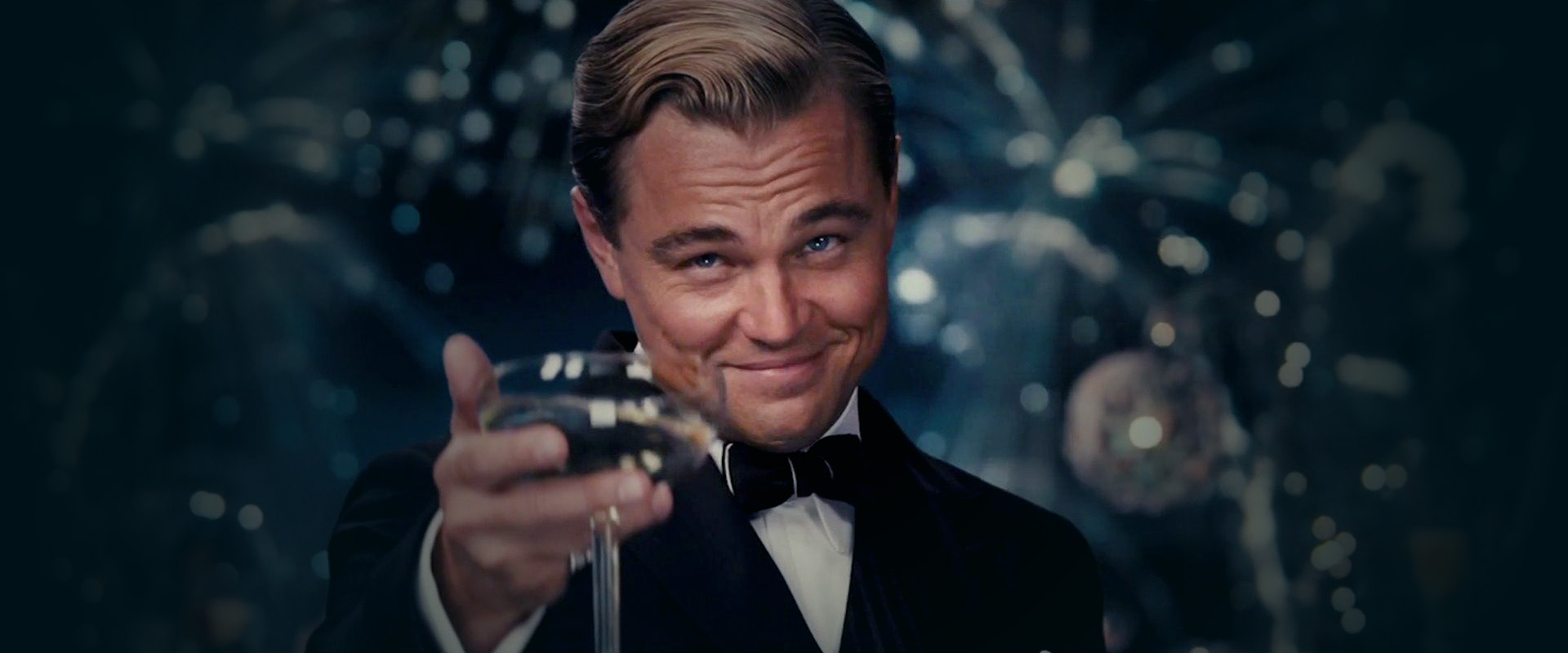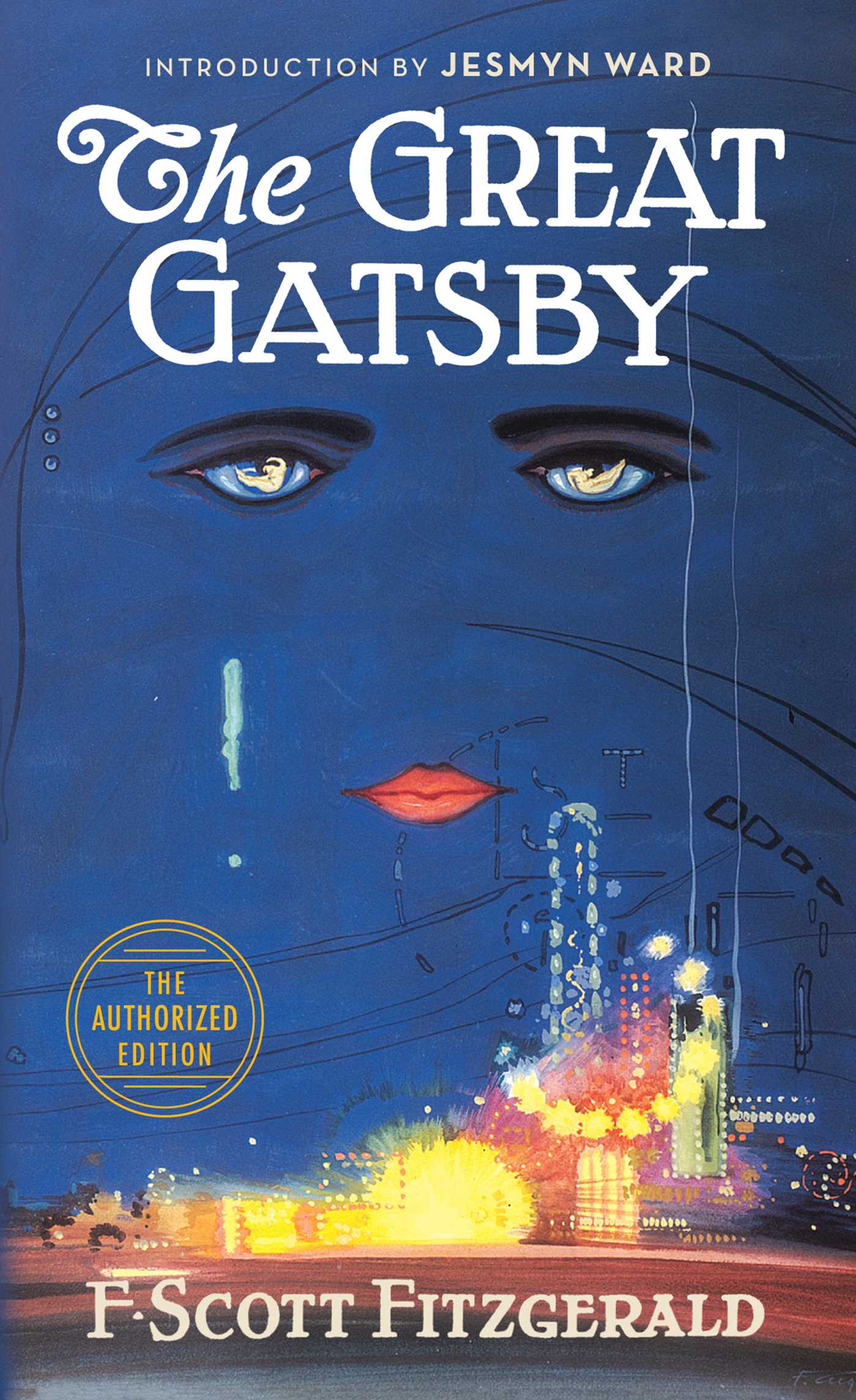I really suppose that I have a lot of luck with “ The Great Gatsby ”, which in my particular opinion, I still prefer to restate as “ Great Gatsby ” rather than “ The Great Gatsby ”. I set up out about “ The Great Gatsby ” purely by accident when it was mentioned in confluence with J.D.’s “ The Catch in the Rye ”. Salinger in" Norwegian Wood" by Haruki Murakami. still, after numerous times giving up after only a man runners due to ignorance of F. Scott Fitzgerald's jotting style and the elevation of youth, I really read Gatsby seriously. And the reason I say I have a predestined relationship with Gatsby is that as soon as I finished reading it, I incontinently saw the movie of the same name.
Close your eyes, turn the runner, and let your imagination run wild. I advise you to read the book before watching the movie to absorb the chaotic and reeling crazy imagination before being restrained in the imagination of the person who creates the template for a work of art. It was a different world, a world so different that you might say in unbelief that just a century ago.
There was such a world. It was America's" Golden Age", the" Jazz Age" of America age of inconceivable splendor that produced a talented Scott Fitzgerald who wrote a great Gatsby. In 1920, after the chaos of the world when the First World War ended( 1914 – 1918), the United States entered a period of profitable sublimation when it was a creditor to numerous countries sharing in the war. The first world was a prosperous Wall Street with the explosive growth of stocks and fiscal assiduity; assiduity flourished. inescapably, with a great increase in wealth comes a serious moral decline, and as a way to force morality back to where it should be, the US government introduced a law proscribing the trade of prohibition of consumption. which has caused the crime of smuggling goods to follow a strong growth instigation.
The morning of the story is the history of Carraway, a youthful man who gave up his writing gift to run to New York to pursue the ambition of getting rich from stocks and stocks, like numerous other rich intentions. One fine day, he visited his beautiful kinsman Daisy — a woman of brocade silk and a rich hubby. But behind the air of wealth is an unhappy life Daisy's hubby sneaks out with a kittenish woman — the woman of a poor auto repairer at the bottom of society. After meeting Daisy with her family's beautiful friend, Nick Carraway, again, concurrently meets a mysterious" mammoth" named Gatsby — an unconceivable rich man who lives coming door. The tragedy begins there.

The main character of Scott Fitzgerald's collection of stories is, of course, the mysterious giant Gatsby — the ultimate rich man who lives coming to Nick Carraway's house. What I find most intriguing about Gatsby are the contradiction in the character's own personality and testament. On the face, Gatsby could be said to be a deviate with no deficit of plutocrats, wallowing in wealth, play, and debauchery of the high class but also commonplace. It's through this character that Scott Fitzgerald has shown his imagination in landing the psychology of the millions that are running after the" American Dream" of material wealth; constant prepossessions with fame and success; the cult of wealth and power. But nested in vanities, in all-night games brightly lit with lights, bottles of alcohol, which are interdicted, are openly consumed; the endless balls of flamboyant fever and indulgence of those who sounded to have reached the threshold of fame and notoriety at that time, which was a severe deterioration of morality and reason. The part that rose snappily and carried the marker of the upper class at that time only spent night and day in pointless, pretentious, and frivolous entertainments. And at the top, representing all that flashy debauchery, the Great Gatsby every day and night held a wild party of pleasure. For what?
Looking deeply into the rich fantasy of that mammoth, what one feels is the vitality and burning passion of that mammoth; the vision is also the strength of the people who are pursuing the American dream. in a place of vanity. What kind of superpowerful belief must you carry to reach the zenith of similar wealth and fame? What provocation would it take to sustain the unyielding spirit of a child-like Gatsby – James Gatz – rising from the impoverished bottom of society up the stairs of Salomon Castle? That is what love is sincere love, passionate to the point of blindness. It was the love of a gentleman's son, now the woman of another ostentatious snot, that helped the poor legionnaire Gatsby, after returning from the fierce war, plunge into the darkness of crime and delinquency. He was determined to win back the girl he loved passionately in history.
The beautiful upper-class woman, Daisy, is the" blue light" of Gatsby's life. She was Gatsby's vision, his dream, his unattainable craving. “ Gatsby believed in that blue blip, in the hugely infatuated future that was slipping away before our eyes time after time." Yes, it slipped out of our hands, but that is okay- hereafter we'll run faster again, reach out further. ”
It's thanks to the belief that the dream, the" blue light" that shines every night on Daisy's levee, that Gatsby has pushed himself into a love that has no way out, a love that's both sweet and bitter. He believed in the dim future that was leaving him like Daisy herself. There sounded to be a light in Gatsby that couldn't be extinguished, a light that restrained him in the craving dreams of the wild history, light of faith, stopgap, and love that helped him reach out. Rob the loved one. It was also the pointless light of the present- the light of the pretentious vanity he was after- the bluish spot right in front of him but he could not catch it, just like Daisy. And it's also the light of the future, of expedients and dreams.
It's this that sets Gatsby piecemeal from anyone differently in that rich land, but like anyone who wants to achieve the American dream of entering the upper world It's that desire, stopgap, and determination, that brings with you the ideal, dream, and love of your life. But pitifully for the infatuated Gatsby, his Daisy, although she loved him dearly, the love of that empty vanity woman wasn't enough to reach Gatsby. In the long list of effects, he's not interested in lavish parties, tons of luxury clothes that can not be worn in time, or thousands of books that have no way been touched,. just to attract the attention of girls. That is it? Or is it that Gatsby wants to find for himself the craving passion of an old Gatsby, a Gatsby who has nothing but tries his stylish to have a thing, a" blue light" that's easily bright, not The" blue light" on Daisy's levee was fading from his fritters each day.
A Gatsby who only sees Daisy is also a Gatsby who's desperately grasping for a bitsy bit of stopgap and also falling into despair again. Gatsby, after realizing everything is boring, needs to find a commodity in his life, a commodity he can grasp can enjoy for a continuance, and what Gatsby is looking for is pure love. pure the day ahead. “ Gatsby represents ideal love. That is not to say he is a likable person, because there are still a lot of veritably dark sides to Gatsby's inner tone. I mean, he represents the purest description of the expression with what he's willing to do for love."
Gatsby was also called" Great" because he was the representative of the insolvable dream but noway stopped believing. Indeed when Gatsby himself knew it was all over after a face-to-face argument with Daisy's frivolous fake hubby, Gatsby noway stopped believing in what he was constantly pursuing. Gatsby is both a victim of himself and of the counterculturist prejudices of society; just a farce with a lot of plutocrats to entertain people while being rich and redundant; but also a" great" idol who, when immersed in emptiness, has a loyal pure purpose and noway gives up.
Still, every party must end; reaching the top must fall. Gatsby's tragedy serves as Scott Fitzgerald's poignant warning to American dreams that flash too snappily the more violent the swell is, the further painful the fall. Indeed, by 1929, the Dark periods hit America with dumbbells heavier than lead. Just like Gatzby, the potent progeny rich too snappily but vanish like lightning, leaving the world with libel, humiliating harsh conversations, and life with despicable banal visions. Gatsby's only friend, Carraway, knows the whole verity of the poor man's background. After all, Gatzby is just a miserable person pushing himself into the depths of love and despair.

It's only when Gatsby dies that the verity about Gatsby's actuality really becomes a precious assignment it's mortal loneliness. Whether in the Golden Age of America or in any other period, are people always lonely? No matter how numerous recollections are left for life, in the end, it's still patient loneliness. After all, that frivolous society took advantage of him, and indeed Gatsby's beautiful, dream- suchlike Daisy took advantage of him, Gatsby was mercilessly ditched. The burial of such a notorious person without a shadow was attended by only his only friend, Carraway, and his poor historical father. Starting with a stopgap and dying alone- a painful end for a romantic and passionate man, and also the painful fall of the whole" Jazz Age".
After Gatsby's painful, lonely death, Carraway saw the dark side of the times and was paralyzed by the lies of that putatively awful society. By gaping too long at the beautiful spangling effects, Carraway discovered she had fully forgotten about a different class of people at the bottom of society- the stupid Wilsons, the Myrtels who wanted to escape the demotion but failed, people in dark places with no way out- a society that looks like a lavish Roccoco delineation but below is just unprintable slush. Carraway stopped, began to find her true tone, and realized that pursuing vanities was pointless; she had to find herself- to find the meaning of life, to find what she wanted to follow. That's life.
That is Gatsby — the Great Gatsby. great for his beliefs, but pitifully stupid for his beliefs.



